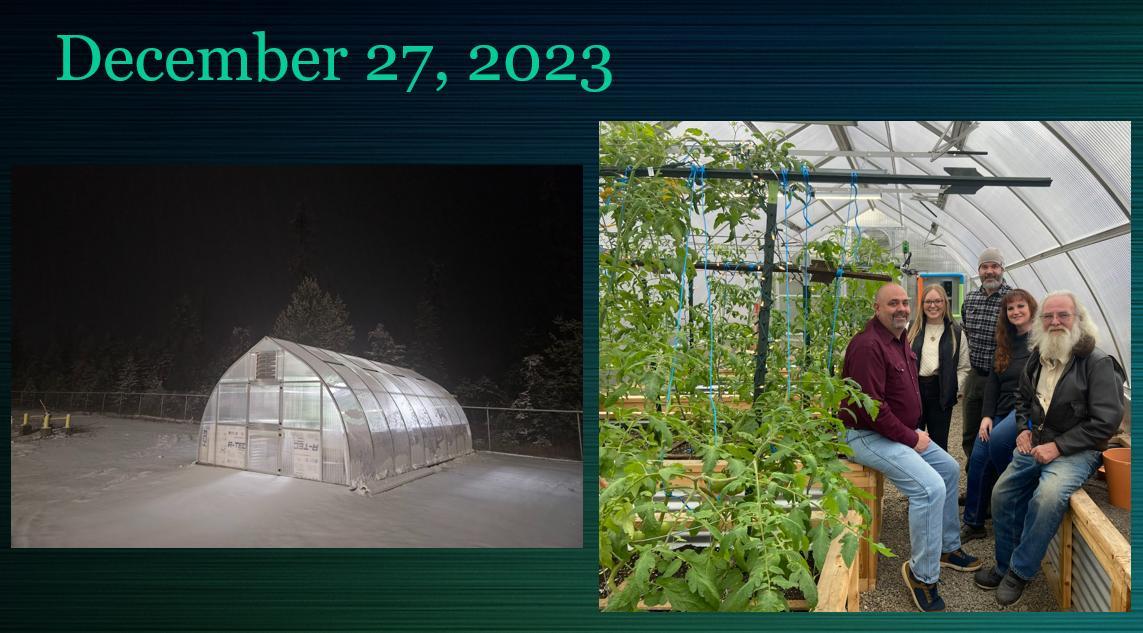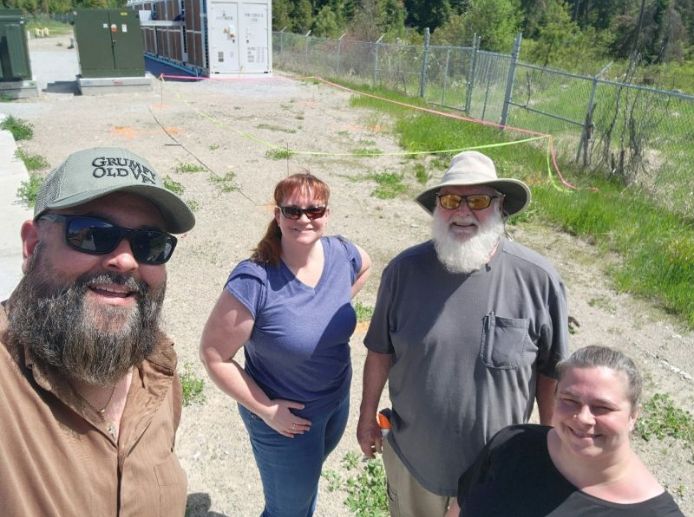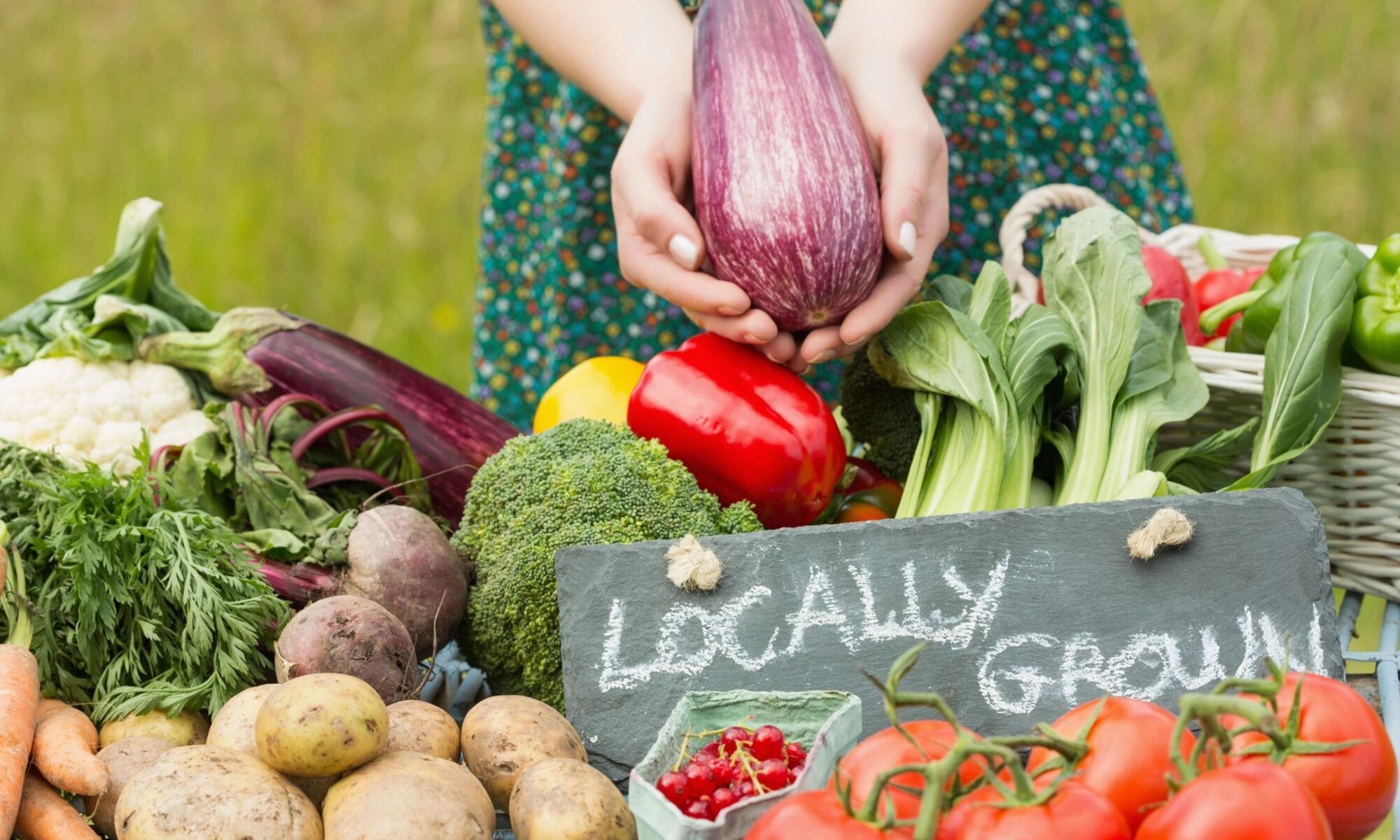Trevor Lane – Who’s Who Top Educators (marquistopeducators.com)
With a commitment to lifelong learning, Dr. Lane has embarked on a multifaceted career path, serving as executive director of Ignis Studios Inc. since 2021 and holding positions as associate professor and state specialist at Washington State University. He has also been deeply involved in academia, holding roles as assistant professor and county director at Washington State University. Dr. Lane’s professional journey is marked by innovation and creativity, which is evident in his founding roles with the Backwoods Music and Camping Festival and Outlaw Entertainment Group. Additionally, his military service as a mechanic and Seabee in the U.S. Navy from 1991 to 1999 reflects his commitment to service and duty.








